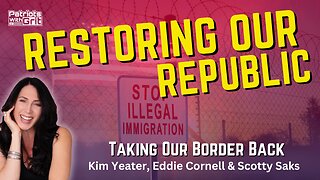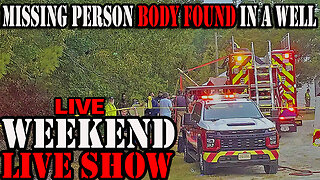Europe in the Shadows of World War II: A Historical Overview
World War II, a global conflict that spanned from 1939 to 1945, left an indelible mark on Europe, reshaping nations and altering the course of history. This tumultuous period witnessed unprecedented events, from the rise of totalitarian regimes to epic battles and the eventual triumph of Allied forces.
Before the outbreak of World War II, Europe was grappling with the aftermath of World War I, economic instability, and the rise of authoritarian regimes. The aggressive expansionist policies of Adolf Hitler's Germany and Benito Mussolini's Italy set the stage for the conflict that would engulf the continent.
In 1939, Germany's lightning-fast military strategy, known as the Blitzkrieg, unleashed devastation across Europe. Poland succumbed first, followed by the rapid fall of nations like France, Belgium, and the Netherlands. The continent was thrust into a state of chaos and fear as Axis powers advanced.
The Battle of Britain in 1940 marked a pivotal moment. The British Royal Air Force's resilience thwarted German air attacks, signaling a turning point in the conflict. This resistance instilled hope and showcased the potential to stand against Axis aggression.
Many European nations faced occupation by Axis forces. Underground resistance movements emerged, bravely resisting occupation through acts of sabotage, espionage, and civil disobedience. The occupied territories became theaters of both oppression and courage.
The darkest chapter of World War II was the Holocaust, where millions of innocent lives were systematically exterminated by the Nazis. Concentration camps like Auschwitz and Dachau stand as grim reminders of the human cost of unchecked hatred.
June 6, 1944—D-Day—witnessed the largest amphibious invasion in history, as Allied forces landed on the beaches of Normandy. This monumental operation marked the beginning of the end for Nazi occupation, leading to the eventual liberation of Europe.
The war's conclusion in 1945 left Europe scarred and transformed. The continent faced the challenge of rebuilding shattered economies, cities, and societies. The geopolitical landscape shifted with the emergence of the Cold War, setting the stage for a new era.
World War II's impact on Europe was profound and enduring. The scars of the conflict shaped the continent's identity, fostering a commitment to peace and cooperation in the post-war era. Understanding this tumultuous period is crucial for appreciating Europe's journey towards recovery, reconciliation, and the establishment of a new world order.
-
 6:22:05
6:22:05
Akademiks
11 hours agoNicki Minaj EXPOSES Jay Z over Finessing HER! Diddy got all his Peers Hiring Lawyers & on the RUN!
65.8K24 -
 1:04:17
1:04:17
WarRoom Films
9 days agoGovernment Gangsters - WarRoom Film
256K61 -
 8:02
8:02
Colion Noir
11 hours agoWow, $67 Million Spent On Mandatory Gun Buy Backs, Not One Gun Collected
69.5K58 -
 1:27:27
1:27:27
Man in America
16 hours ago🔴 LIVE: Diddy & the Hip Hop Cabal—Sodomy, Satan & Selling Souls EXPOSED
82.3K272 -
 14:53
14:53
Winston Marshall
4 days agoTrump Just Said THIS On X...It Will Surprise You!
99.6K70 -
 38:37
38:37
Patriots With Grit
12 hours agoRestoring Our Republic: Taking Back Our Border | Kim Yeater, Eddie Cornell & Scotty Saks
66.7K11 -
 51:54
51:54
TheTapeLibrary
1 day ago $5.56 earnedDisturbing Haunting of a Witches' Prison | The True Story of The Cage
55.8K6 -
 0:30
0:30
steveinman
1 day agoBrotherly Love
87.8K7 -
 2:58:53
2:58:53
Jewels Jones Live ®
1 day agoVIOLENT RHETORIC | A Political Rendezvous - Ep. 92
99.6K55 -
 1:13:17
1:13:17
Exploring With Nug
22 hours ago $8.64 earnedMissing Person's Remains Found In Virginia Well
88.9K54